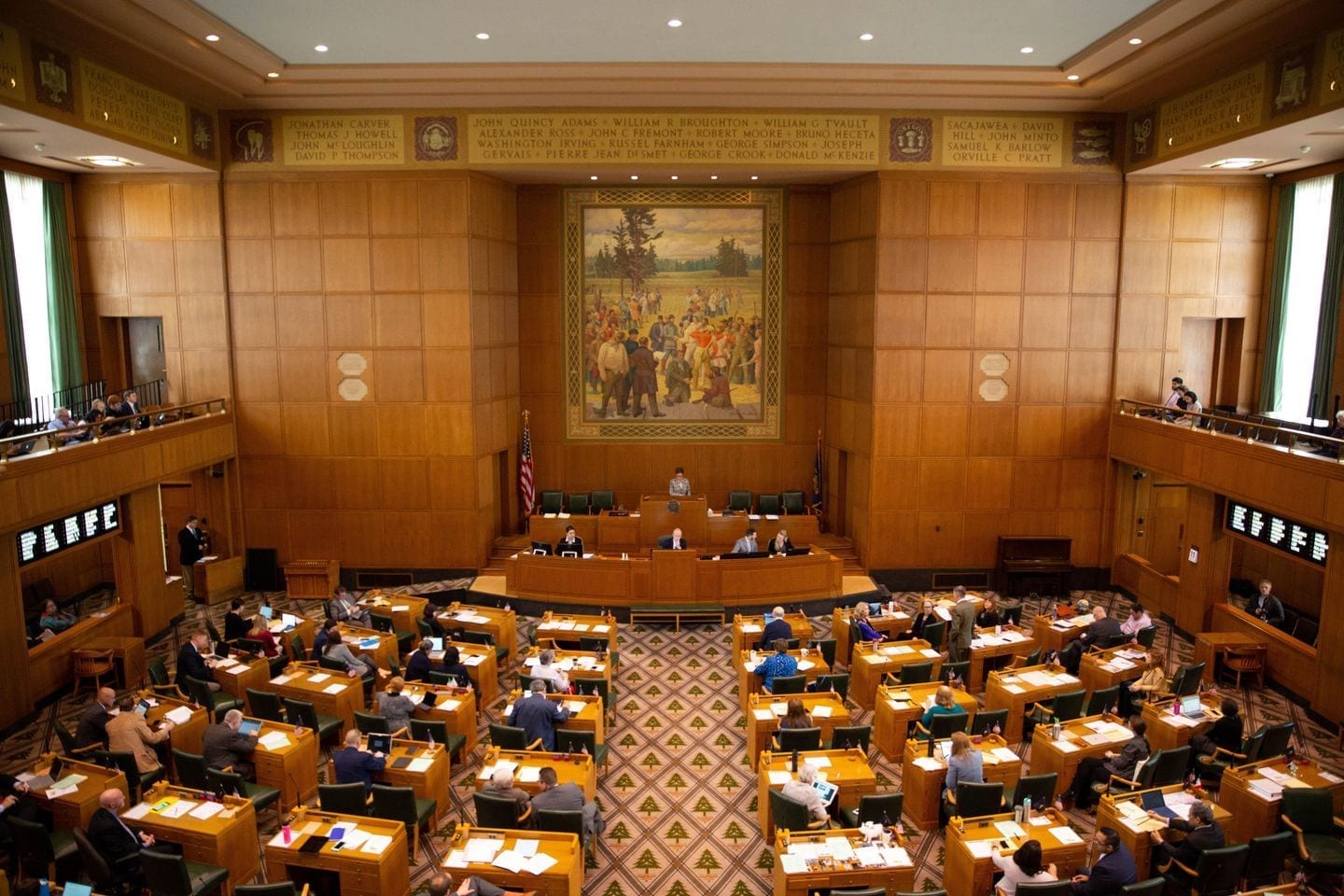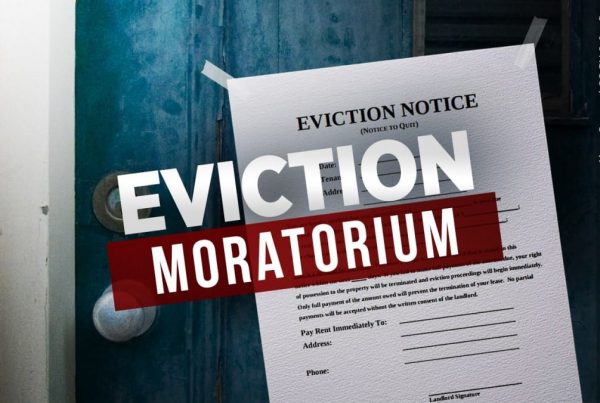**LEGISLATIVE UPDATE **
The flood gates opened this year with a tidal wave of bills targeting the rental industry. After many hearings, work groups and discussions with legislators here is where we sit on the most important bills. Thank you to all those who volunteered to write their legislators and/or testify to the committees. It truly made a difference.
HB 2484
https://olis.oregonlegislature.gov/liz/2021R1/Measures/Overview/HB2484
This bill will require Housing Providers to allow Family Child Care in their properties. This bill is very popular and has bipartisan support. Housing Providers flooded legislators with letters and testimony. As a result, legislators created a workgroup to address Housing Provider concerns. We are expecting to see a draft addendum of negotiated changes addressing some of these concerns in the next few weeks.
HB2372
https://olis.oregonlegislature.gov/liz/2021R1/Measures/Overview/HB2372
This bill would eliminate a Housing Provider’s ability to terminate a rental contract for no cause. The last public hearing was on March 2nd, 2021. Housing Providers once again flooded legislators with letters and testimony letting their voices be heard. As a result, no new meetings have been scheduled for this bill.
HB 2427
https://olis.oregonlegislature.gov/liz/2021R1/Measures/Overview/HB2427
This bill would mandate a uniform rental application and screening. A Housing Provider must accept this uniform screening from a tenant without the ability to verify the information. ORHA opposes this bill. This bill is scheduled for a work session on March 30th, 2021. Contact your local legislator, we need to prevent this bill from passing. Find who your local legislators are here: https://www.oregonlegislature.gov/FindYourLegislator/leg-districts.html
SB 282-3
https://olis.oregonlegislature.gov/liz/2021R1/Measures/Overview/SB282
The original language of this bill was very one-sided. ORHA, in collaboration with other Housing Provider groups, requested a work group to discuss how we can make the bill more fair for everyone. Chair Jama then formed a small work group of Housing Providers and Tenant advocates. The work group was a positive experience and created a bill that was more fairly balanced. This bill will extend a grace period until Feb 28th 2022 on past due rents from the moratorium periods. It does not extend the moratorium. The language assuming all evictions to tenants with past due balances is retaliation from the Housing Provider has been removed. It allows tenants to have long term guests during this emergency period, but allows Housing Providers to screen them. The original bill did not allow screening. Because of the concessions made, ORHA and the other Housing Provider Groups are taking a neutral stance on this bill.
SB 330
https://olis.oregonlegislature.gov/liz/2021R1/Measures/Overview/SB330
ORHA is in support of SB 330. This bill creates a safety net in the form of a tax credit for Housing Providers who are unable to receive unpaid rent from the pandemic period through the Landlord Compensation Fund or tenant based assistance. In a recent survey by DHM Research, 73% of Oregonians sampled support tax credits for Housing Providers who have lost rent due to the COVID pandemic. Let’s hope our legislators listen to their constituents. A public hearing and work session is scheduled for March 30th, 2021. Please write to your local legislator to show your support for SB 330. Find who your local legislators are here: https://www.oregonlegislature.gov/FindYourLegislator/leg-districts.html
Despite the difficulty of being in the middle of a pandemic and working remotely, our voices have been heard. We may not be 100% happy with pending legislation, but we are in a much better position than when the session started. Thanks to all our members, our lobbyist and legislative team, we are no longer facing a mountain of one-sided bills that would harm the industry.
Jason Miller
Legislative Director, Oregon Rental Housing Association





More bills to watch:
Active legislative bills related to land use policy and affecting Portland neighborhoods are tucked into the hundreds of items of proposed legislation for 2021. Of these, most are sponsored by Portland legislators and appear to be orchestrated with Portland Planning Bureau, Portland PSC and 1000 Friends/Welcome Portland Neighbors. Apologies for the length of this report but these bills are rapidly unfolding and impactful. The following are highlights of the intent and impact of the bills under active consideration:
HB 2283 and its complement SB 458 are radical changes to the Portland zoning code. They eliminate minimum lot sizes as a zoning tool and instead use allowed housing unit density as the criteria for lot divisions and lot size. HB 2565 and SB 458 also prohibit covenants that might restrict such land divisions including side and front setbacks and lot size. In plain English, even the smaller lots in single-family neighborhoods could be divided into 4 lots as 4 housing units will be allowed by right in Portland under regulations in effect as of August of this year. Larger lots would be proportionally affected to allow additional units. A legislative work session announced on March 8 was held on the same day.
HB 2558 requires cities to allow up to 5-6 story multi-family housing with no off-street parking within 1/8 mile of every fixed guideway stops regardless of the context. Fixed guideways include bus rapid transit, streetcar, and light rail. The principles of building higher density around higher capacity transit stops are not new to local government. They should remain the purview of local government and the communities they serve. There are numerous instances where the routing of transit and rail lines was based on factors not conducive to supporting housing and where state law is counterproductive to livability.
HB 2583 allows unrestricted occupancy density. Currently, Portland zoning allows up to 5 unrelated persons to share a dwelling. Landlords have the right to limit the number of occupants in a housing unit. This bill removes such limits and removes conditional use approval process for shared common area standards for dormitory-like facilities. The bill disadvantages large and small rental owners in tenant selection and opens the door for unethical slum lords to pack their properties without constraints.
House Bill 2565 allows the partition of lots for duplexes, ADUs and all Middle Housing and prohibits all covenants that might prevent any lot divisions, as well any regulations for setbacks or lot size restrictions that would prevent such division.
HB 3115 would make it legal for individuals to “sit or lie” in public spaces and provides additional rights for the homeless population to sue local government for being moved without “reasonable” cause. Without many qualifying conditions, this bill only guarantees that there will be increasing friction between impacted residents and their homeless neighbors and fails to address any of the underlying problems of unemployment, mental health, addiction, criminal behavior, and the shortage of sanctioned and managed housing for those who are struggling to get back on their feet.